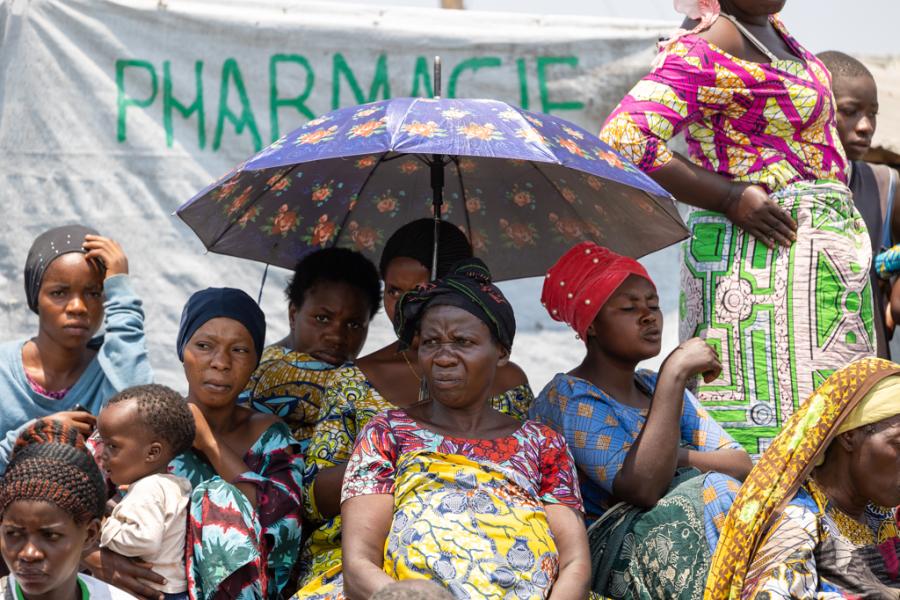The Democratic Republic of Congo (DRC) has long been plagued by instability, and in recent years, the situation has grown increasingly complex, with conflict, economic challenges, and humanitarian crises converging into a multifaceted crisis. This has resulted in displacement, widespread human suffering, and persistent violence.
The roots of the current situation in Congo lie in a combination of political instability, ethnic tensions, and the presence of armed groups vying for control over valuable natural resources. The DRC is rich in minerals like cobalt, gold, and coltan, which are essential for global industries. However, instead of bringing prosperity, these resources have often fueled violence, with numerous armed groups using mining to fund their operations. This competition has led to ongoing conflicts, especially in the eastern regions of North Kivu, South Kivu, and Ituri.
One of the major drivers of conflict in Congo is the presence of over 120 armed groups, including the Allied Democratic Forces (ADF), an Islamist militant group responsible for brutal attacks against civilians. These groups frequently target local populations, committing serious human rights abuses, including killings, sexual violence, and forced recruitment of children. Despite efforts by the Congolese military and the United Nations peacekeeping mission (MONUSCO), violence has continued to escalate. In recent years, civilians have increasingly been caught in the crossfire, leading to massive displacement. According to the United Nations, more than 5 million people are internally displaced within the DRC, one of the largest displaced populations in the world.
Adding to the challenges, Congo faces political tensions and weak governance. Elections scheduled for 2023 have been marred by concerns over transparency and fairness, leading to increased political instability. The lack of governmental authority in many regions has allowed armed groups to operate with relative impunity, complicating efforts to restore peace.
The humanitarian situation in Congo is dire, with millions of people suffering from acute hunger and limited access to healthcare. Diseases like Ebola, measles, and cholera have further exacerbated the crisis. International aid agencies face immense challenges in delivering assistance due to insecurity and poor infrastructure.
Efforts to address the crisis have focused on strengthening peace processes, improving governance, and tackling poverty. However, lasting peace will require significant international support, political reforms, and economic investments. For the Congolese people, the hope for a stable and prosperous future remains elusive, but the global community’s continued engagement could play a critical role in helping the DRC move beyond its long-standing conflicts and humanitarian crises.
